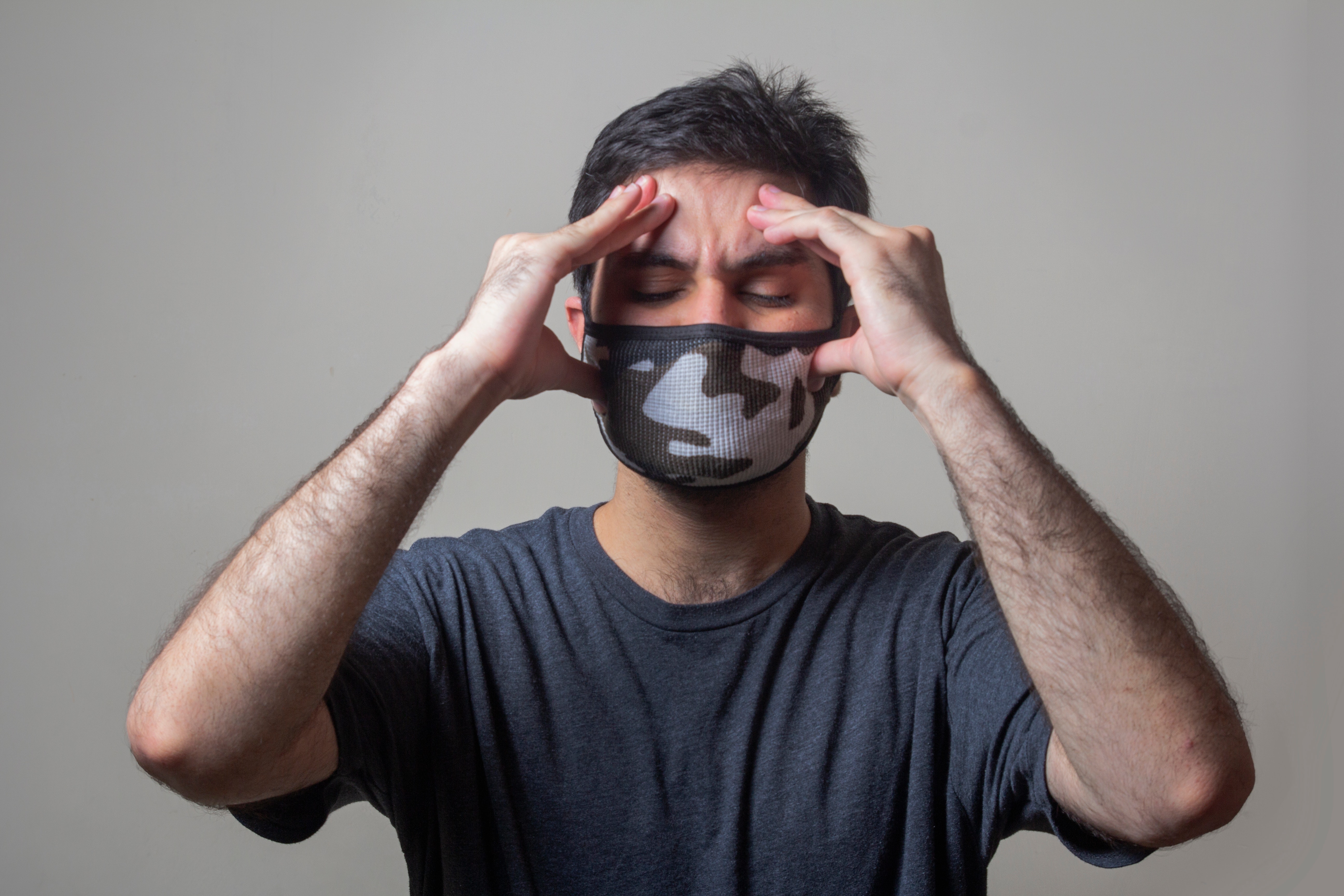Men do not like to “go to the doctor”, although, in terms of health, the stronger sex is inferior to the weaker sex. Men get sick more and their life expectancy is shorter. Problems with male health affect all aspects of a man’s life: along with the intimate sphere, family relationships, self-esteem, and psyche also suffer. That is why you should be careful about your health, preventing the appearance of serious illnesses.
Prostatitis
The most common male disease is inflammation of the prostate (prostate gland). Its reasons are varied: the penetration of an infection, most often sexually transmitted, blood stagnation in the pelvic organs, lack of sexual activity or irregular sexual activity, hormonal imbalance, weak immunity.
Prostatitis is manifested by urination disorders, pain, and discomfort during urination, erection problems. Acute prostatitis, if left untreated, becomes chronic. Symptoms for the chronic form are the same, but less pronounced.
BPH
In medicine, this disease is called benign prostatic hyperplasia. This is a benign tumor that usually develops in men after 50 years of age. The reasons for its development are not fully understood, but it is believed that age-related hormonal changes are to blame.
Symptoms of adenoma include urinary disorders: frequent urge, especially at night, difficulty emptying the bladder, poor urine flow, and incontinence.
The growth of adenoma leads to dysfunction of the bladder, kidneys, urinary tract.
Prostate cancer
A malignant tumor of the prostate gland is in one of the first places among oncological diseases in men.
Prostate cancer is manifested by disorders of urination, pain in the lower abdomen, the appearance of blood in semen and urine, as well as weakness, loss of appetite, and sudden weight loss.
Today, prostate cancer is curable in its early stages. The main thing is to find it in time. To do this, every man over 40 years old (and the risk of developing prostate cancer increases with age) needs to have a regular blood test for prostate-specific antigen, or PSA.
Erectile dysfunction
This disorder – the inability to achieve and maintain an erection – scares men most of all. There are many reasons for erectile dysfunction. It can be caused by problems with blood vessels, hormonal imbalances, stress. Often, erectile dysfunction is determined by psychological problems, when a man is afraid of not being at his best, or he has had a negative sexual experience in the past or is afraid of contracting a sexually transmitted disease.
Erectile dysfunction, in addition to the inability to achieve an erection, can be manifested by a weak erection, a quick erection, which immediately ends, or cases when stimulants have to be used to achieve and maintain an erection.
Erectile dysfunction can be cured, but the exact cause must be identified.
STDs
There are a lot of sexually transmitted diseases. This is not only true sexually transmitted diseases, such as, example, syphilis or gonorrhea. This group includes very common infections – genital herpes, ureaplasmosis, chlamydia, trichomoniasis, etc.
Infection occurs, as the name implies, through sexual contact. The manifestations of STDs are different: a rash or sores on the genitals, itching and burning, discharge, pain when urinating.
STDs are successfully treated, but the doctor should prescribe treatment based on the test results. Self-medication can only aggravate the disease.
Phimosis

This disease consists of the inability to expose the head of the penis. It can be caused by a genetic predisposition, trauma to the penis, insufficient or poor hygiene, inflammation in the genitals. Phimosis in children under 6 years of age is a physiological phenomenon; it does not need to be treated.
A complication of phimosis is paraphimosis when the head of the penis is pinched. This happens when a man tries to bear his head. Then the blood flow in the penis is disrupted, and only surgery can help.
Phimosis can be complicated by an inflammatory process developing in the scalp (balanitis) or affecting the skin and foreskin (balanoposthitis). Manifestations – itching and pain, purulent discharge.
In a severe stage of the disease, due to stagnation of urine, the infection penetrates into the urinary tract (urethritis), the bladder (cystitis), and the kidneys (pyelonephritis).


Leave a Reply